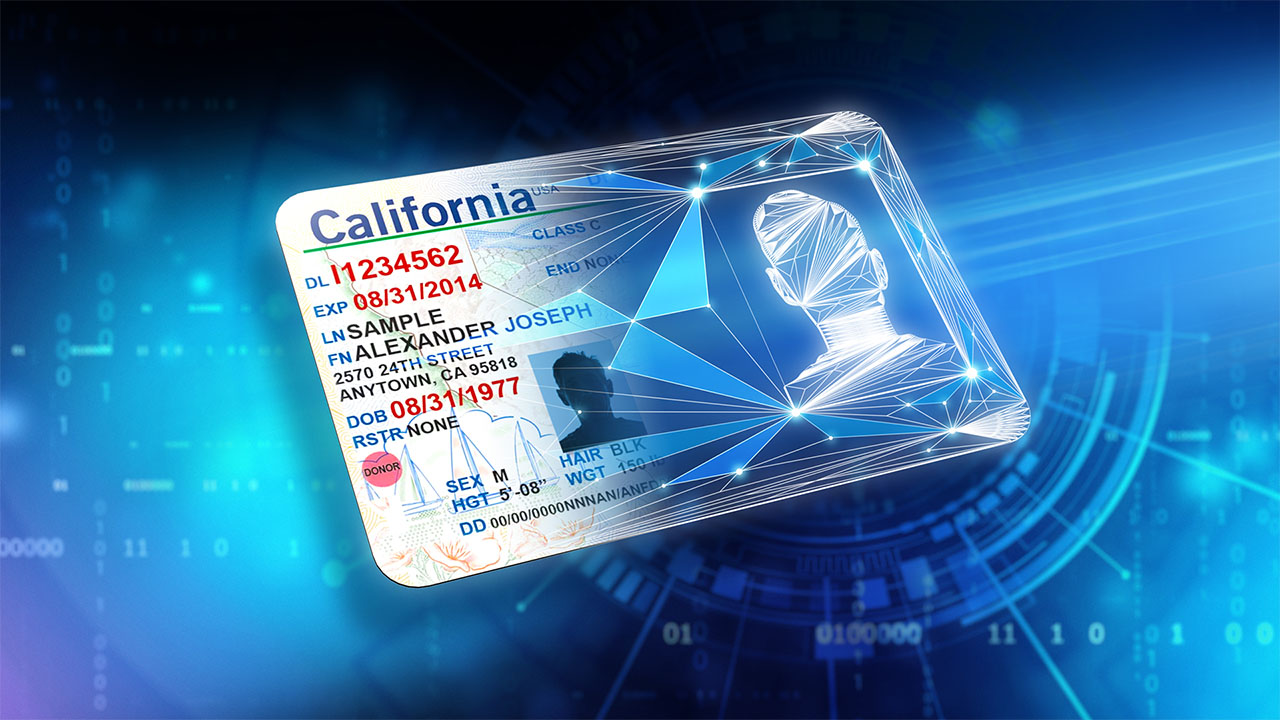
The Case Of The Missing Identity
It all began as any other regular flight. It ended up as an identity crisis.
I am someone who in normal times flies on average about 250,000 miles a year. I pride myself on being a minimalist traveler, and I consider it a challenge each trip to see how light I can pack.
This particular plane took off, and as I often do, I turned my iPad on and started reading a book. About halfway through the flight, I used my credit card to purchase another flight, and then I wanted a little distraction, so I watched a movie.
Five hours later, we land and I’m taking a phone call as we were deplaning, which meant I was not focused.
Since I don’t have any checked-in luggage, I’m moving quickly. I hop onto the tram and make the 30-minute trip to the car rental facility. As I’m approaching the counter to get my vehicle, I suddenly ask myself, “Where is my wallet?”
It’s not anywhere. Not in my pocket, my jacket or my backpack. I’m now shifting to panic mode.
Because, I can’t get a rental car. Not without a physical identification card.
Now, because I have Apple Pay set up on my phone, I can do pretty much anything else, even without my wallet. Much of my life is digitized.
Yet, I can’t rent a car.
I always travel with my passport as a backup. So worst case scenario, I could get on the next plane and go somewhere. That’s not the end of the world.
But, getting a car rental was the problem. How do I get into a car? They wouldn’t give me a car without a driver’s license.
So, then I call the airline carrier and it’s relatively late in the evening. They tell me they can’t really do anything. I call the San Francisco airport police. They start phone routing me around, but they aren’t much help either.
That’s when I decided I’m just going to take a risk. I make the 30-minute tram trip back to the terminal. All the while, I’m trying to make all of these calls trying to figure out who can potentially help me.
No one.
At last, it was the in-person touch that rescued me. Because finally, after much smooth talking, or flat out begging, I was able to connect with a manager who either had sympathy for me, or just wanted me to go away. He basically breaks protocol and gets back onto the plane, which fortunately was still on the tarmac. He retrieves my wallet and, in the process, found three other poor souls had left their laptops on board. At least I wasn’t alone.
Problem solved, for me. But, when will this problem be solved for travelers throughout the world? We have digital access to our banks. We have digital access to all our accounts. When will we have digital access to our identity?
In many ways, it’s the last link for us to be free of easy-to-misplace physical verification.
Without my wallet, I could get in an Uber and go to a hotel and get some sleep. I could show a digital vaccine card. I could order food or go to a restaurant and use Apple Pay. I could even enjoy the theatre without my wallet.
But the basics don’t exist. I could not get into a rental car. A photo identification in digital form was missing. And, that would seem to me to be the most critical piece of the digital chain.
The lesson learned for me is that technology and the digital infrastructure that supports it has enabled us to carry on with most of the core functions of life. It wasn’t that long ago where we had to carry a checkbook everywhere we went. Now that practice is mostly obsolete.
Shouldn’t we now create a digital identity of every citizen or resident of the country here in the United States? Maybe in the world?
I would predict it won’t be too long before we see carrying a driver’s license or passport as archaic as using a Rolodex.
After my escapade, and my desire to travel as lightly and freely as possible, tomorrow wouldn’t be soon enough.
“I would predict it won’t be too long before we see carrying a driver’s license or passport as archaic as using a Rolodex.”
instor solutions
the instor difference
INSTOR SOLUTIONS: Founded in 1996, Instor is a global leader in data center design, build, management, structured cabling, power infrastructure, data center moves & migration, specialized containment, and cooling solutions. Instor has designed and installed infrastructure solutions for high-growth startups to Fortune 100 companies and public institutions. Based in the San Francisco Bay Area, Instor operates throughout the U.S. and in the European Union and has offices in Ashburn, Virginia, Dallas/Fort Worth, Texas, Hillsboro, Oregon, and a European branch in Dublin, Ireland. Additional information can be found at https://www.instor.com.
Instor Data Infrastructure
Analysis
With the explosion of new challenges and exciting new technology on a daily basis it doesn’t take long for once great strategies and design to grow cumbersome and inefficient. Our team of experts have the answers to your biggest questions and can provide an extensive analysis of your data infrastructure. It’s efficiently provided and at no cost to you.



